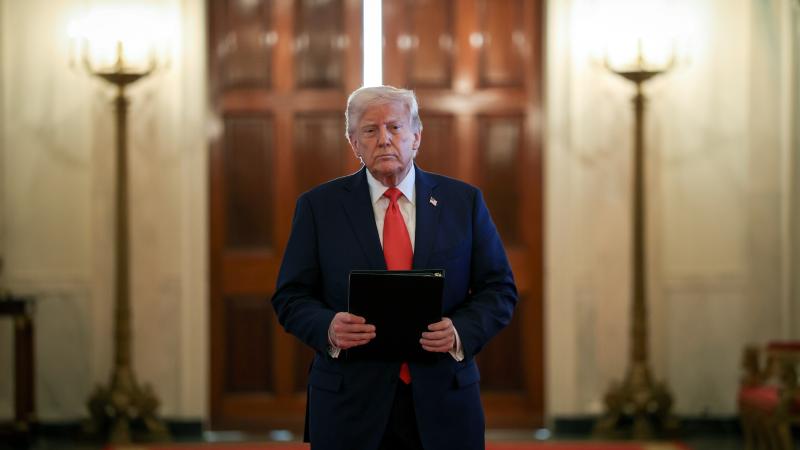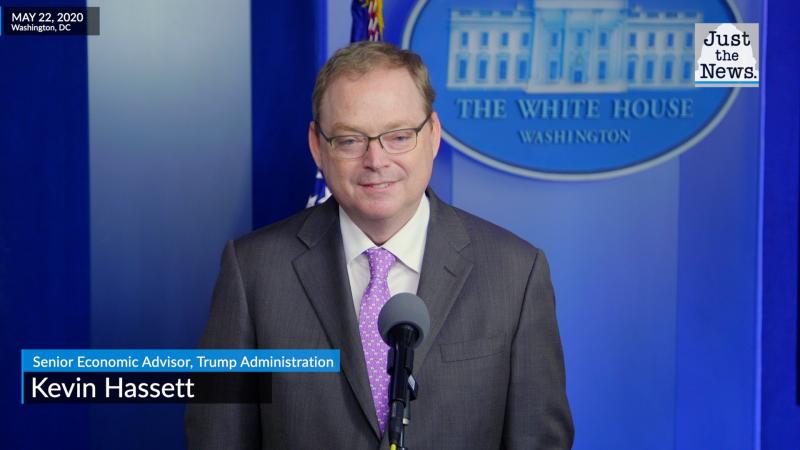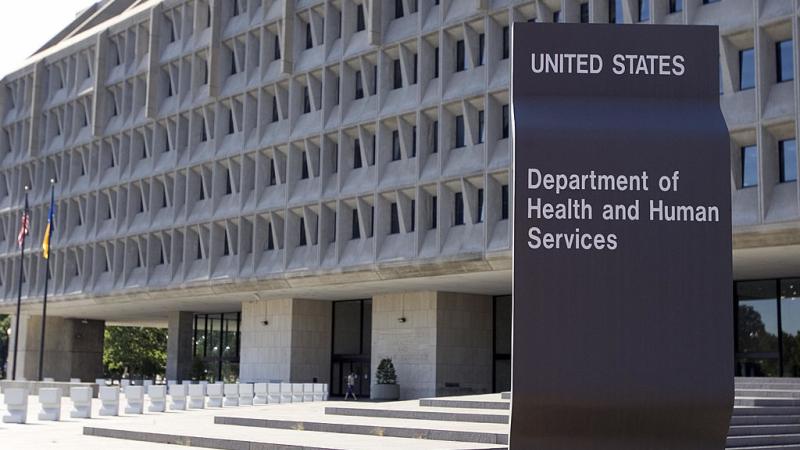Reports of Ukraine peace gains should be taken with 'large dose of polonium,' skepticism: experts
Talk of possible breakthroughs during peace negotiations emerged this week, as Russian and Ukrainian teams convened in Istanbul.
As Moscow and Kyiv head into a new round of peace talks Friday, any signs that Russian President Vladimir Putin is willing to ease off his attack against Ukraine should be viewed with skepticism and an eye not for what Putin says, but for what he does, experts say.
Talk of possible breakthroughs during peace negotiations emerged this week, as Russian and Ukrainian teams convened in Istanbul. Among the reported highlights were that Moscow would de-escalate military action in Kyiv and that a meeting could occur between Russia Foreign Minister Sergei Lavrov and Ukrainian counterpart Dmytro Kuleba.
The promising signs should not be taken at face value, said the Council on Foreign Relations' Robert McMahon.
"For the foreseeable future any kind of reporting on these talks and talk of a breakthrough or ceasefire need to be taken with a large grain of salt or teaspoon of polonium because they're just not really credible at this point," he said during a Thursday episode of his podcast.
"And it's largely because I think Russia continues to use the talks as a bit of a sort of trial balloon floating perhaps a bit of a ruse."
NATO Secretary General Jens Stoltenberg on Thursday seemed to share that skepticism.
He said intelligence from the alliance showed Moscow was shifting its forces eastward to Ukraine's embattled Donbas region, rather than scaling back military operations.
The White House has said that negotiations may be hampered by the Russian side not having a complete picture of the situation in Ukraine.
"We have information that Putin felt misled by the Russian military, which has resulted in persistent tension between Putin and his military leadership," White House communications director Kate Bedingfield said this week.
"We believe that Putin is being misinformed by his advisers about how badly the Russian military is performing and how the Russian economy is being crippled by sanctions because his senior advisers are too afraid to tell him the truth,"
The Pentagon presented a similar assessment.
"Putin has not been fully informed by his ministry of defense at every turn over the last month," spokesman John Kirby told reporters. "The fact that he may not have all the context, that he may not fully understand the degree to which his forces are failing in Ukraine, that's a little discomforting, to be honest with you."
The information gap could have an impact on peace talks, Kirby also said.
"Certainly, one outcome of that could be a less than faithful effort at negotiating some sort of settlement here," he said. "If he's not fully informed of how poorly he's doing, then how are his negotiators going to come up with an agreement that is enduring and certainly one that respects Ukrainian sovereignty."















